How Danone and Discover Are Supporting Diverse Publishers
June 20, 2023
As featured on Adweek
The yogurt brand aims to direct 5% of total media spend toward diverse-owned platforms this year
Consumer packaged goods brand Danone North America and credit card firm Discover have joined advertising platform Kargo’s Multicultural Content Amplifier (MCA) Program to drive more media spend toward diverse-owned publishers, beginning members of the Black Owned Media Equity & Sustainability Institute (Bomesi).
Kargo’s program, which will launch July 1, offers diverse-owned publishers a mix of tech training, such as search engine optimization and social media engagement, content resources and ad monetization tech, helping them to scale and meet advertiser demand.
Bomesi, which is dedicated to providing resources and support for Black-owned media companies and has worked with Kargo before, is the first publishing partner to participate in the program. Bomesi currently has 260 Black-owned media partners, including The Oklahoma Eagle and Speakers magazine.
“Several years ago, we were investing less than 1% of our total media spend with diverse-owned platforms,” said Linda Bethea, head of marketing at Danone, across Black, Hispanic and LGBTQ+ media properties. “We’ve grown that investment with a target of 5% this year and hoping to continue to increase that.”
Neither Danone or Discover disclosed their exact dollar investments.
The murder of George Floyd in the summer of 2020 was a moment of reflection for brands, driving more conversation around inclusivity within companies, leading to changes in hiring practices, policy evaluations, and increased spending on diverse and Black-owned media. However, despite the pledges, many independently owned publishers lack the infrastructure to work with large brands at scale.
“If you don’t have revenue to put toward audience development, SEO, your audience size remains small,” said Rhonesha Byng, co-founder of Bomesi and founder of HerAgenda.com. “Then you’re not able to unlock bigger advertising deals. And bigger advertising deals result in bigger profits.”
Another challenge faced by many diverse publishers is that, because of their smaller size, they often lack a dedicated sales team and sufficient ad space or display units, making it difficult to generate revenue independently or match the demand by advertisers keen to pledge, said Jeannine Shao Collins, chief customer officer at Kargo.
That’s where Kargo’s program steps in. It provides diverse publishers with ad tech to deliver programmatic media investment via direct insertion orders. Kargo will also allow access to its content management system, Fabrik, and ad operations support, consulting on publishing and amplifying digital content.
Through this investment in independently-owned Black, LGBTQ+ and API publishers, allowing them to scale, Kargo claims it will create employment opportunities for more than 100 content creators.
Revenue growth and an increase in direct deals
Bomesi first partnered with Kargo in 2020 and has been using some of Kargo’s tech across its network. Partly spurred by the former’s co-founder, DéVon Christopher Johnson, also the founder and CEO of publisher BleuLife Media, who was initially struggling to monetize his website.
“I’ve been able to increase editorial [staff], do more production and have more content on my site.” DéVon Christopher Johnson, co-founder, Bomesi
“I had a bunch of random ads on my site that weren’t generating any revenue,” he said. Ever since joining the MCA platform, BleuLife Media saw 1,000% year-over-year growth in ad revenue. It declined to share exact numbers.
“I’ve been able to increase editorial [staff], do more production and have more content on my site,” Johnson said. “It’s allowed me to unlock potential business growth I did not have before.”
Similarly, Byng saw an increase in direct deals from brands, but wouldn’t share specifics.
Bomesi aims to include a core group of 10 Black-owned digital publishers in its network this year in the MCA program.
“There will be overflow that benefits a wider net of Black-owned publishers outside of the core incubation group,” said Byng.
Increasing audience reach
Danone plans to measure success through traditional marketing mix analysis and assess its return on investment.
The company will focus on metrics such as diverse audience reach and an increase in household penetration among specific diverse consumer segments to evaluate the effectiveness.
“If we don’t meet our goal, it will enable a conversation around what’s working and what’s not and how do we optimize it,” Bethea said. “[This includes] optimizing the mix of publishers to assess which work, or even the creative [assets] we make to make sure it’s more relevant to that audience.”
Through brand consideration and relevant messaging, Discover aims to reach a wider audience while supporting diverse media, resulting in increased content production. These metrics will be evaluated to demonstrate the program’s impact by the end of 2023, the company said.
